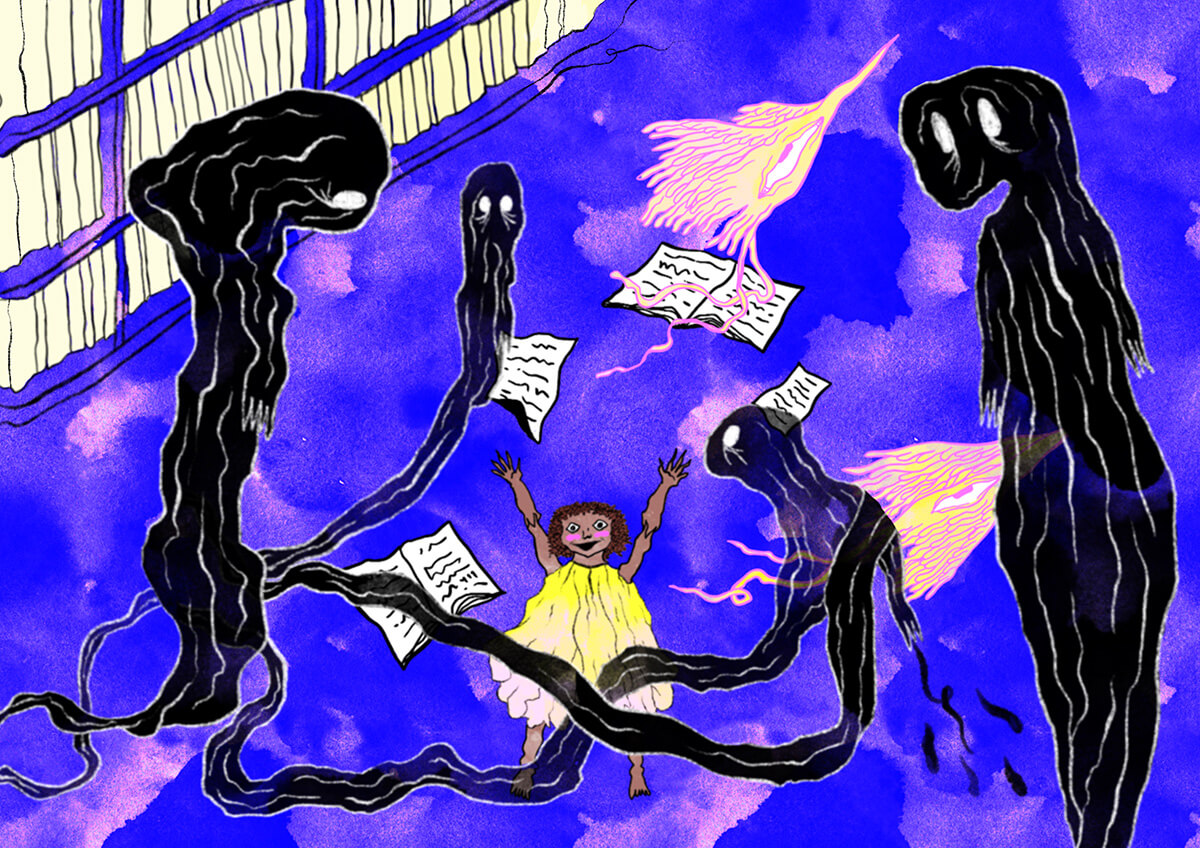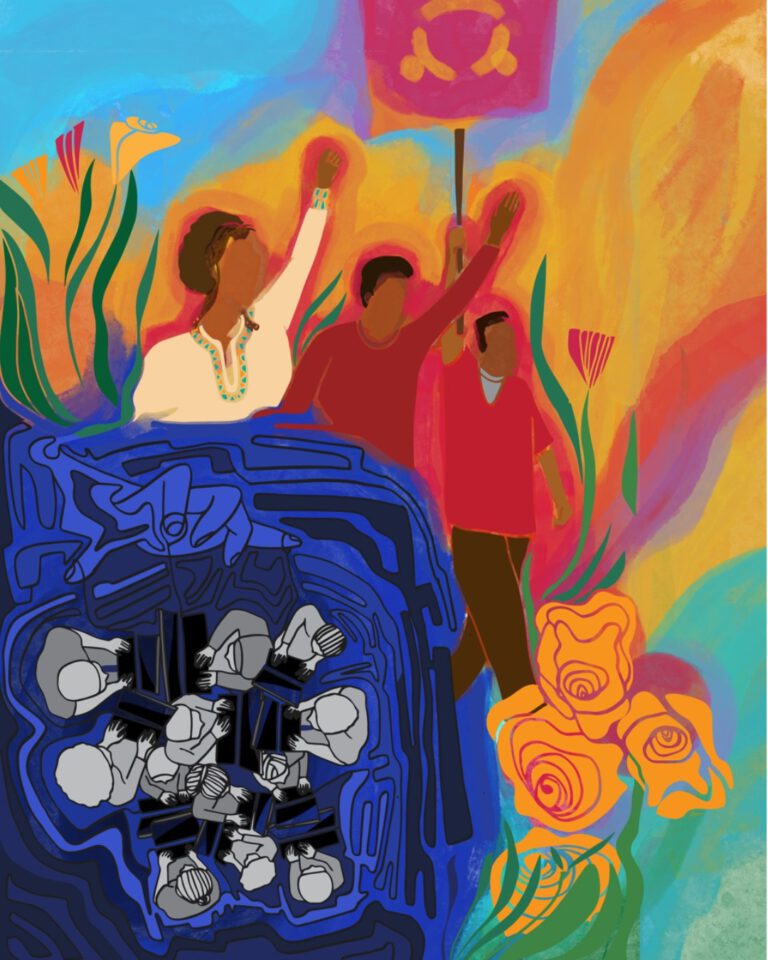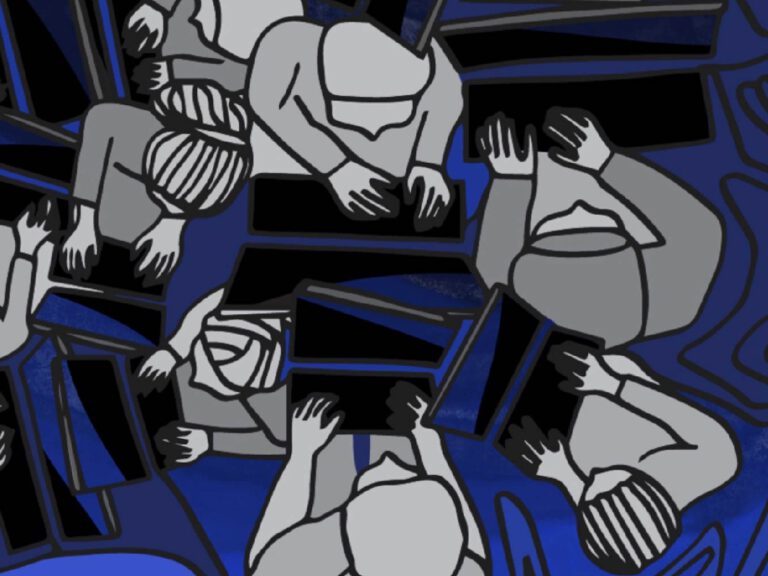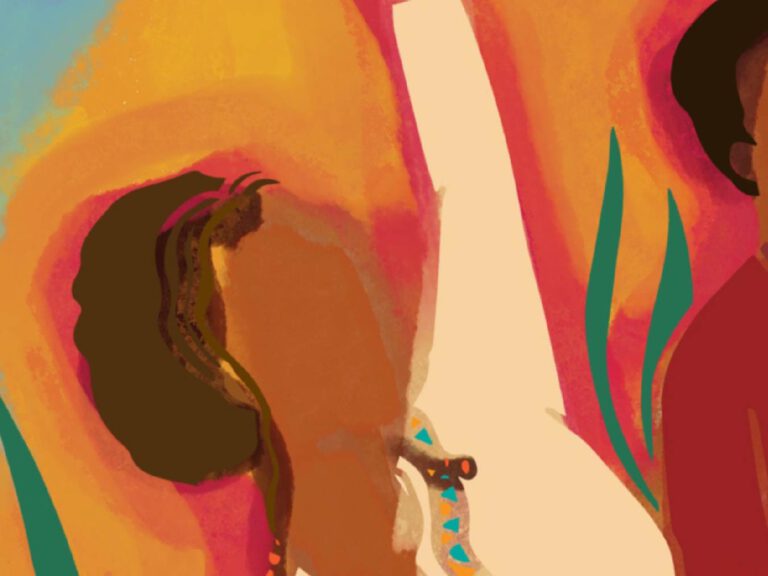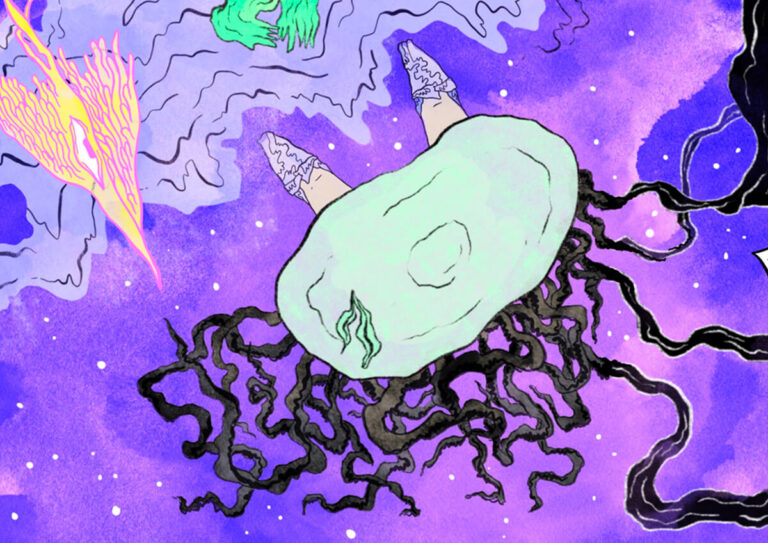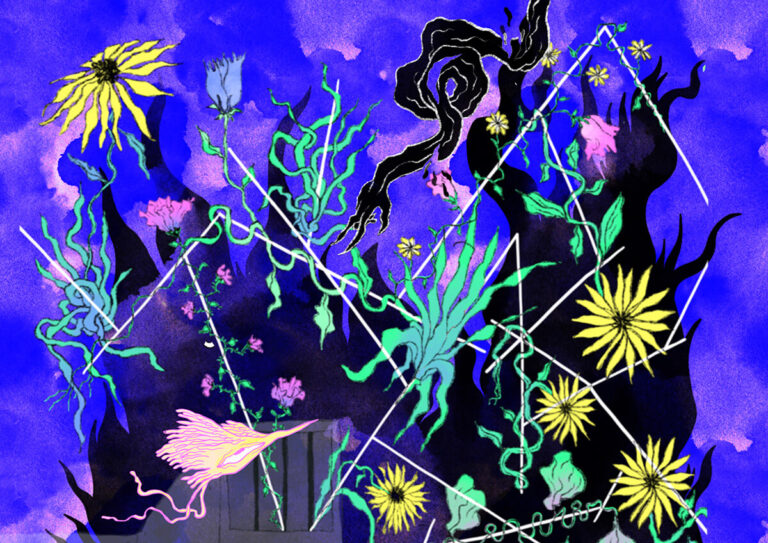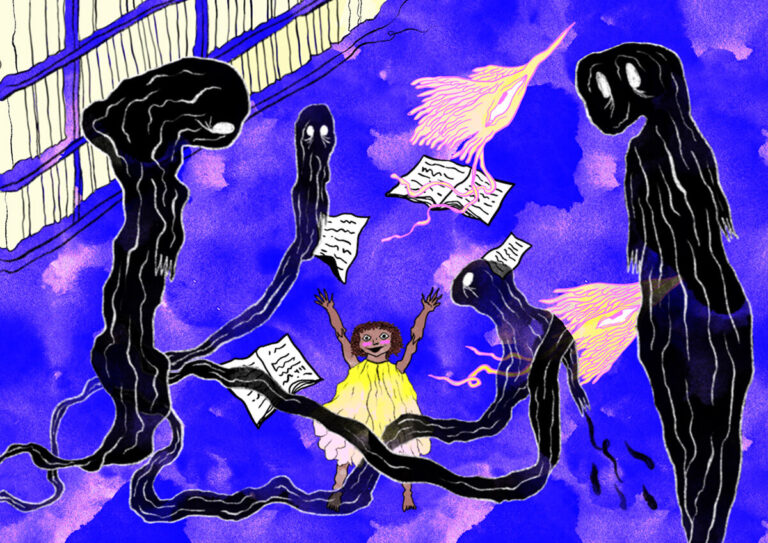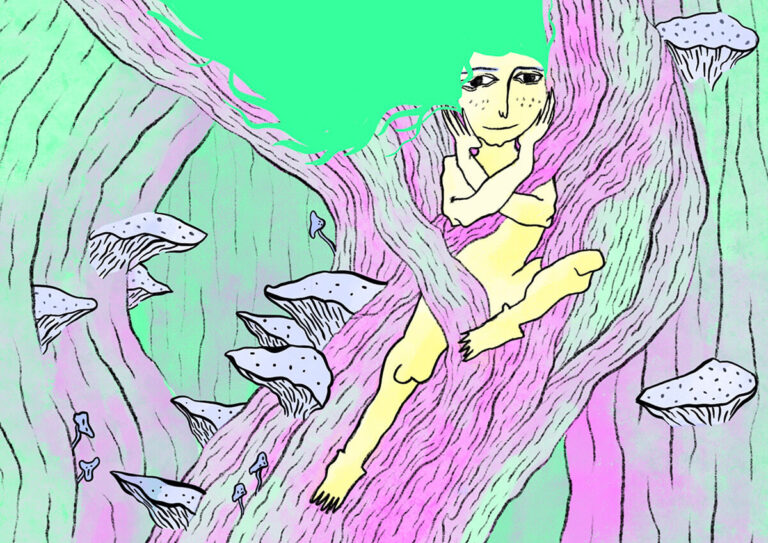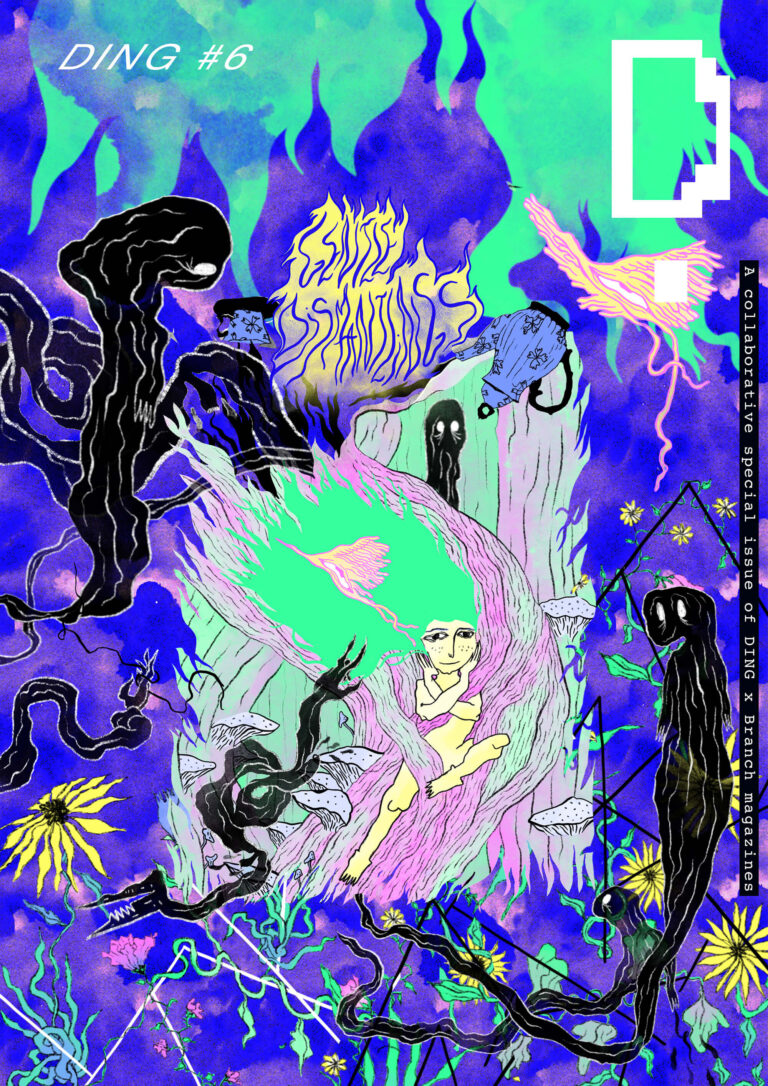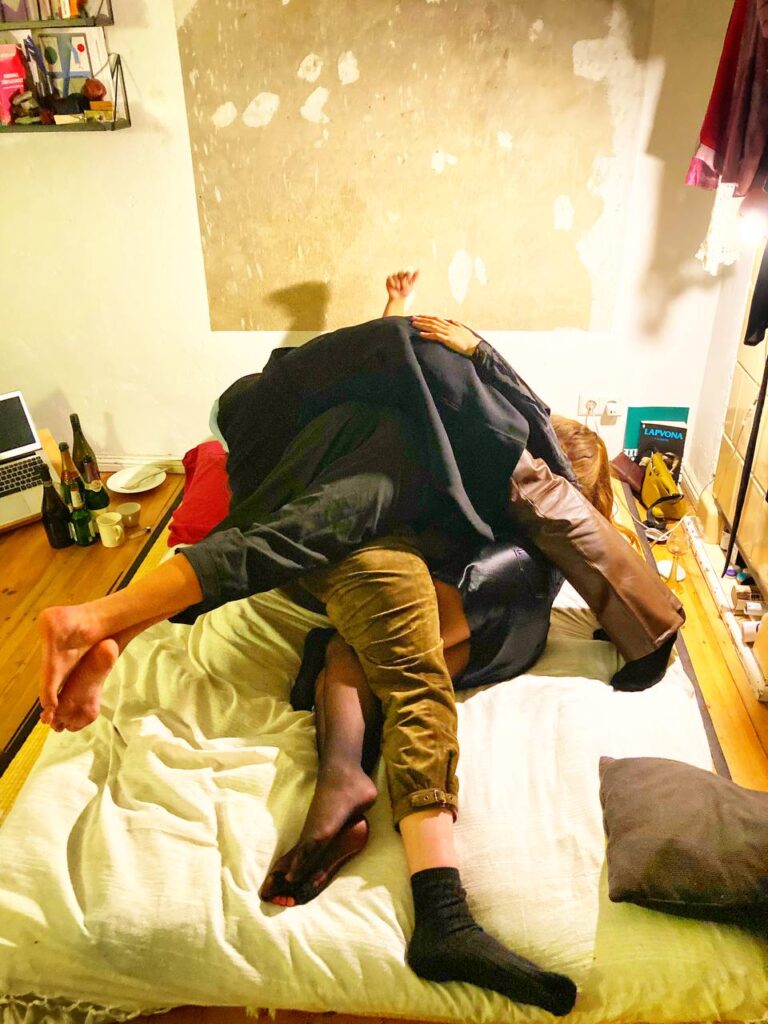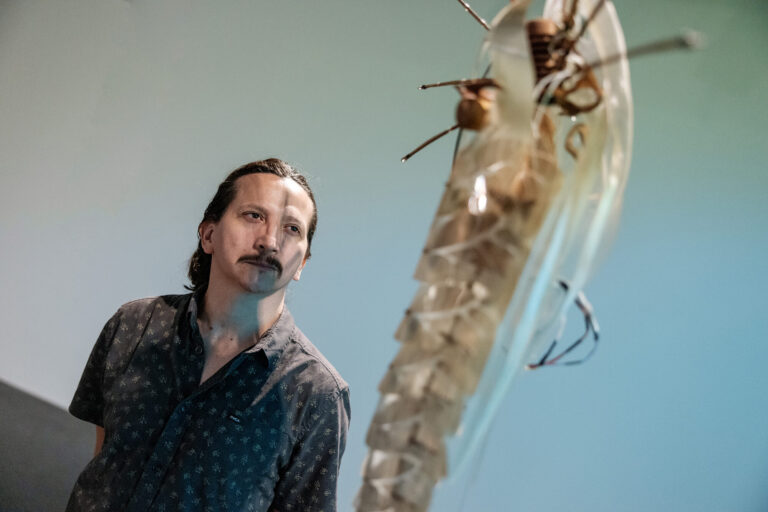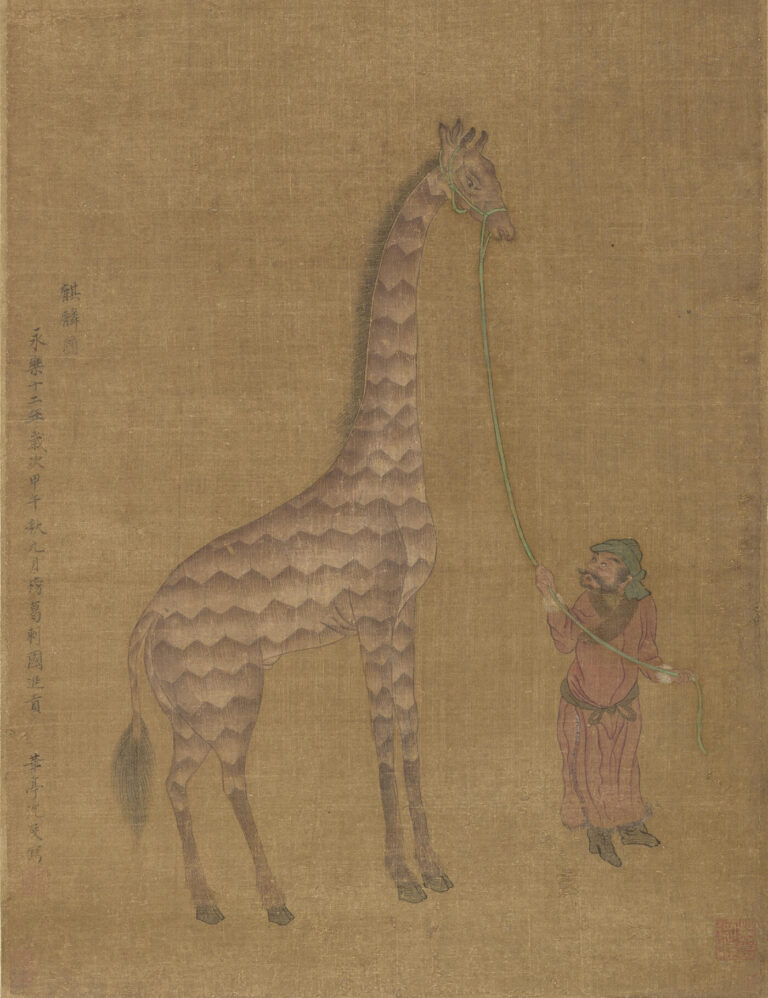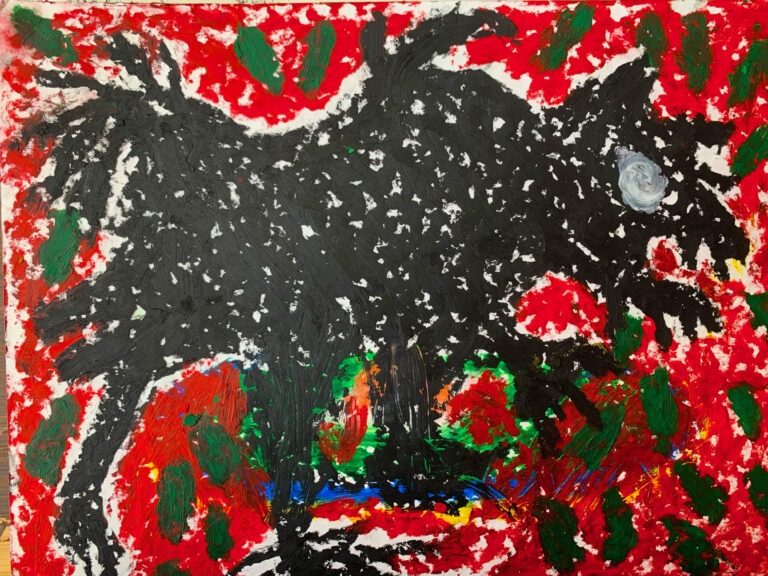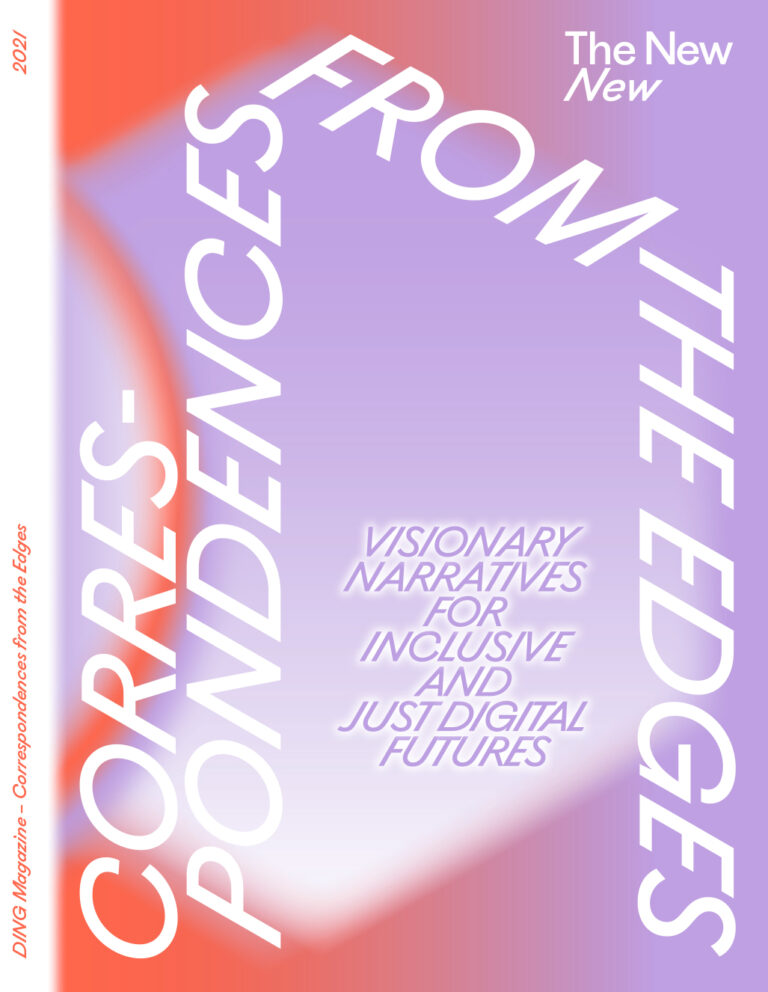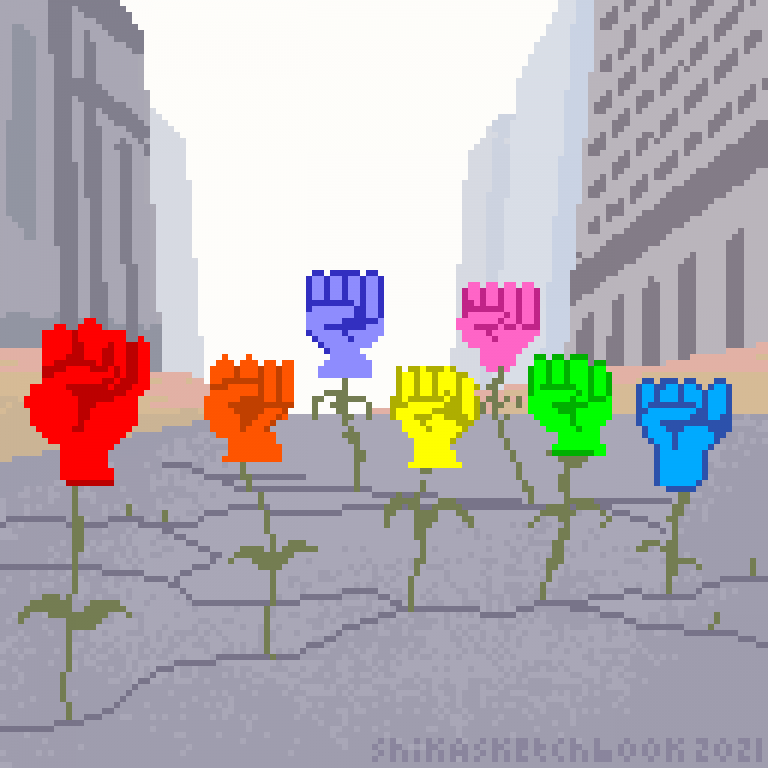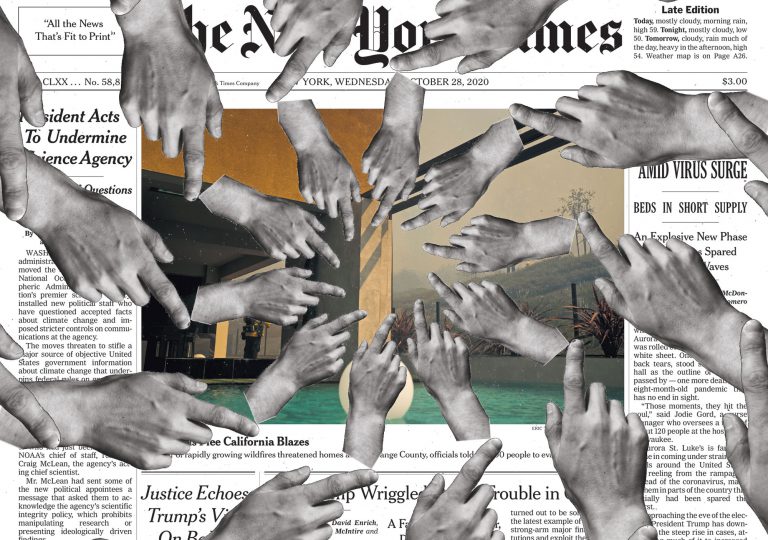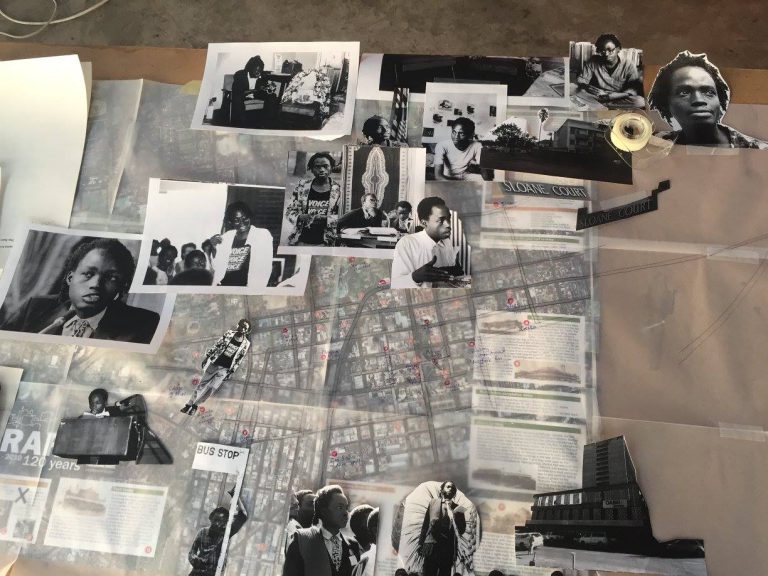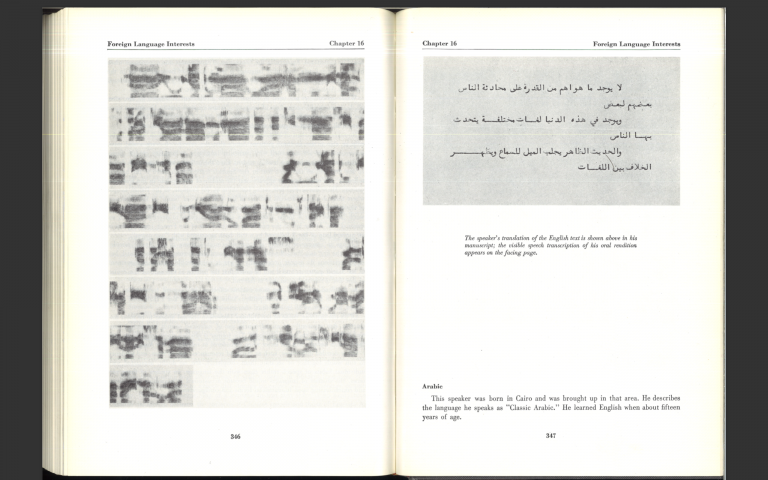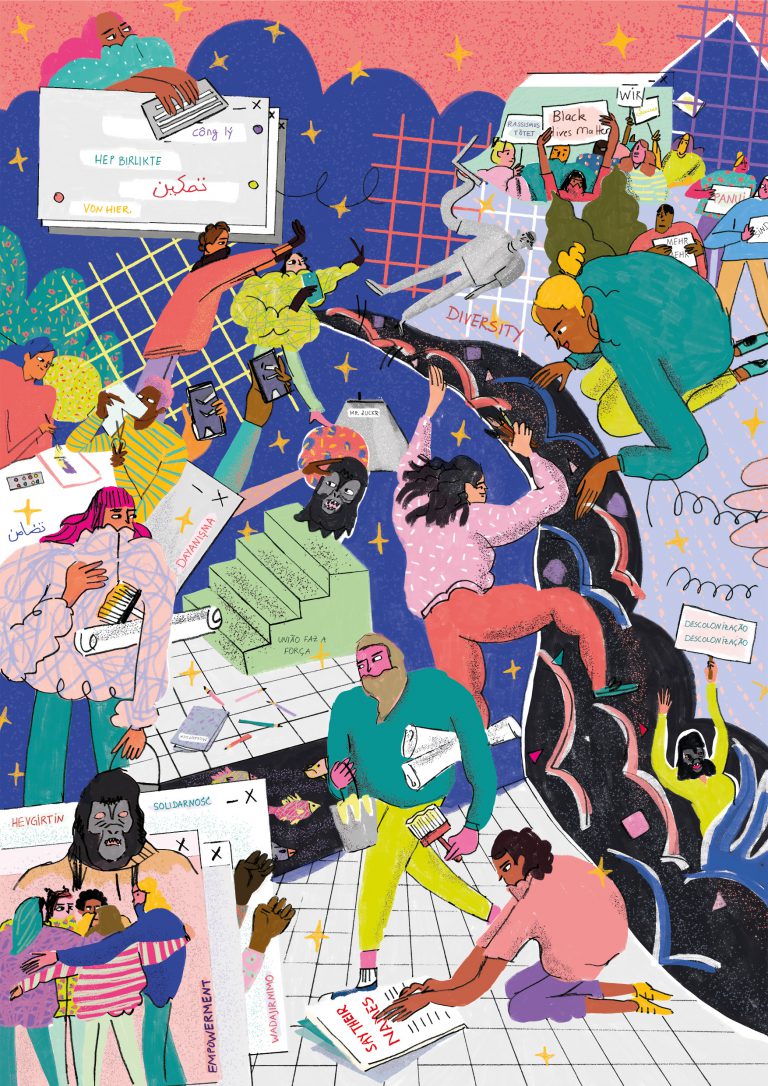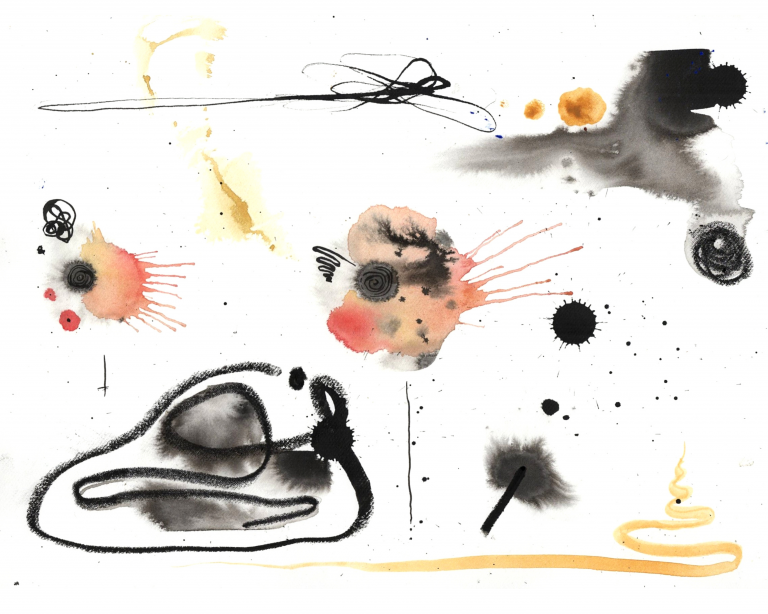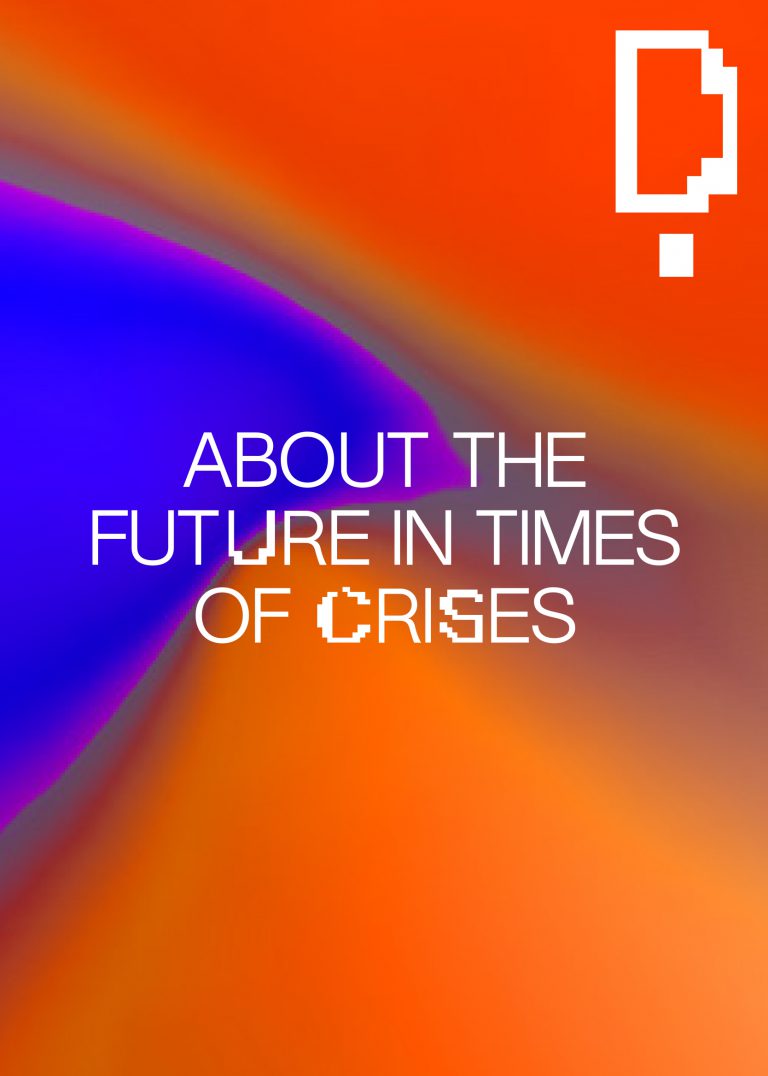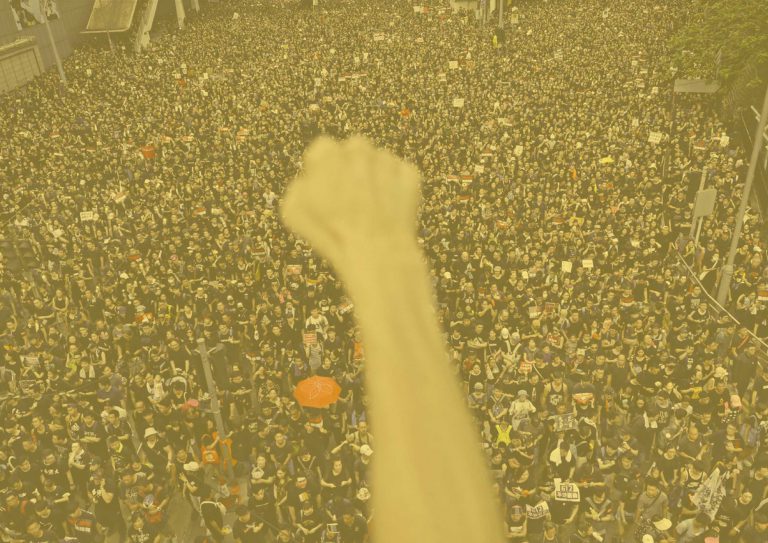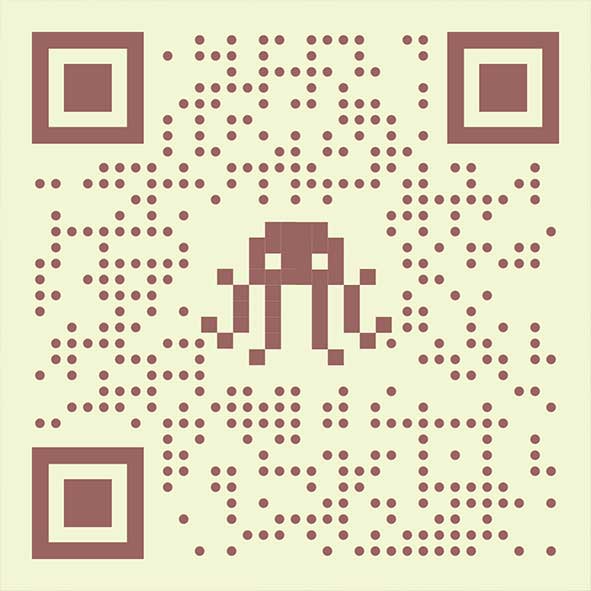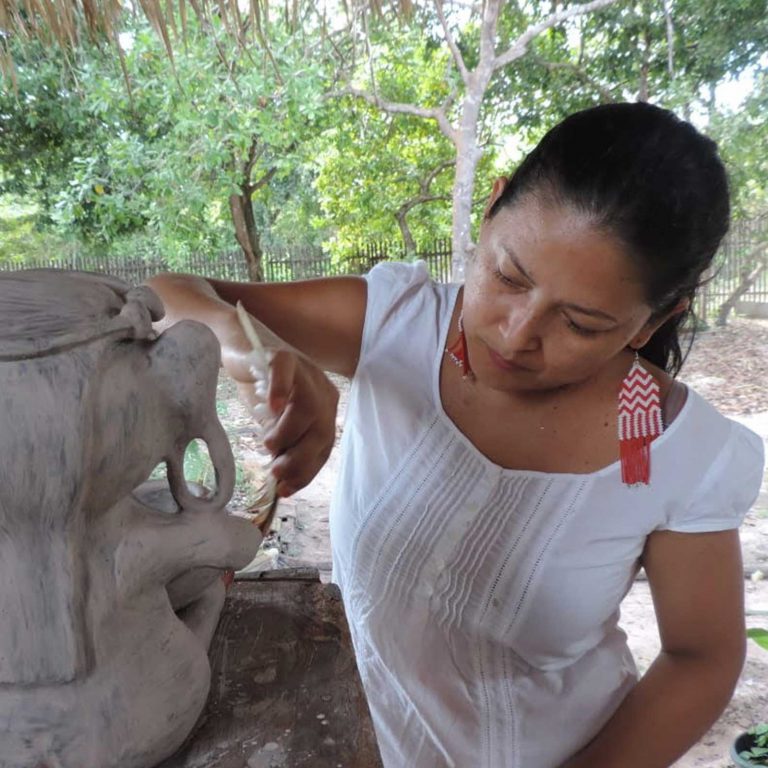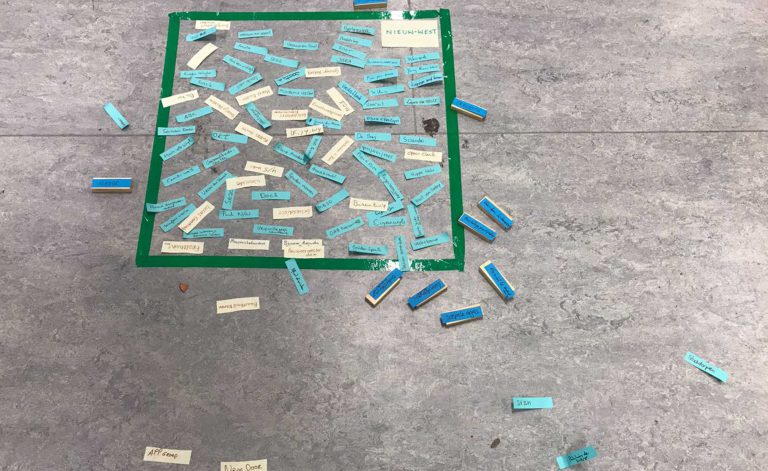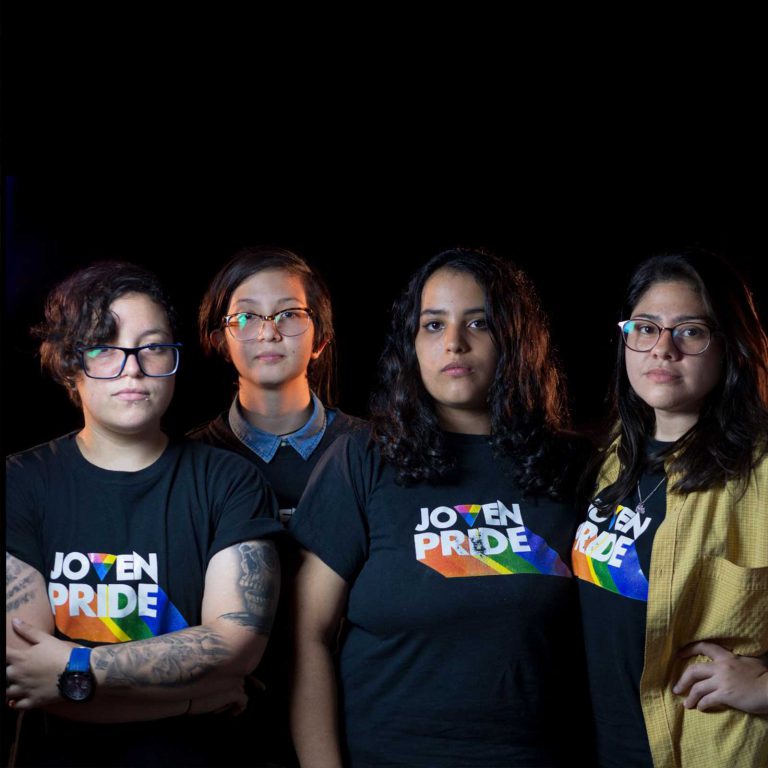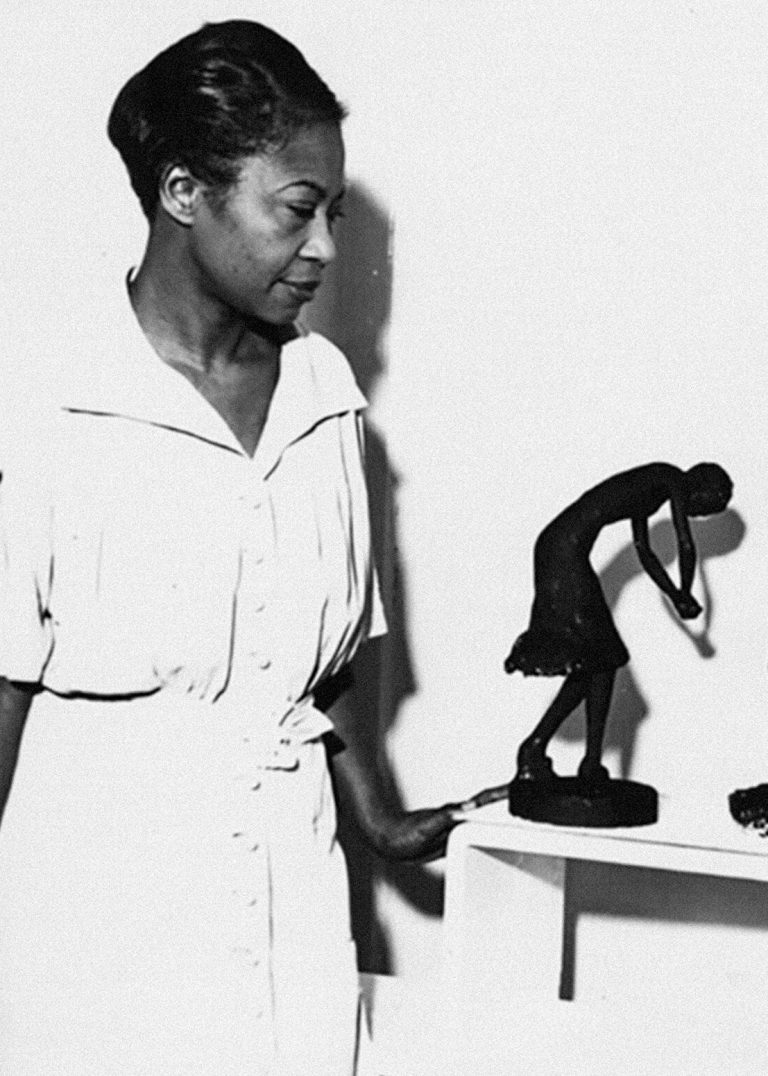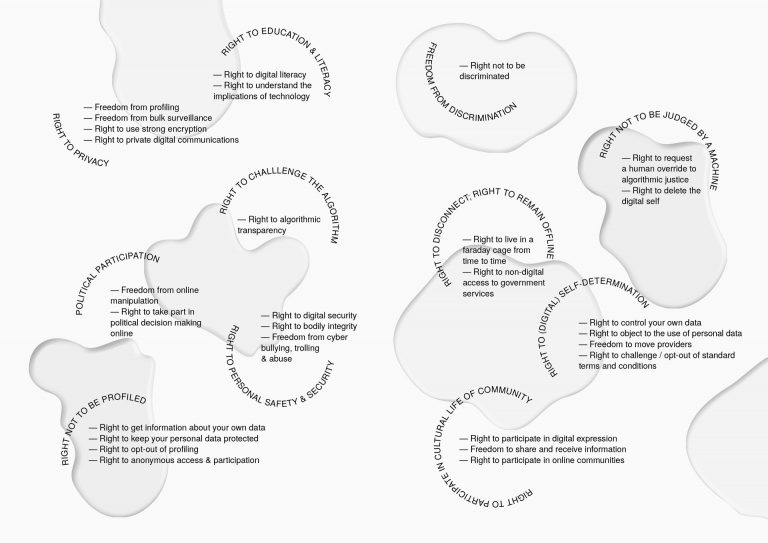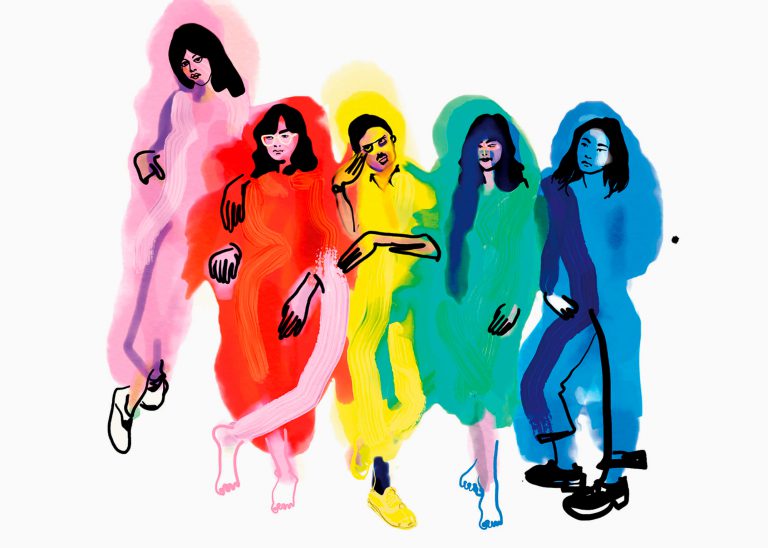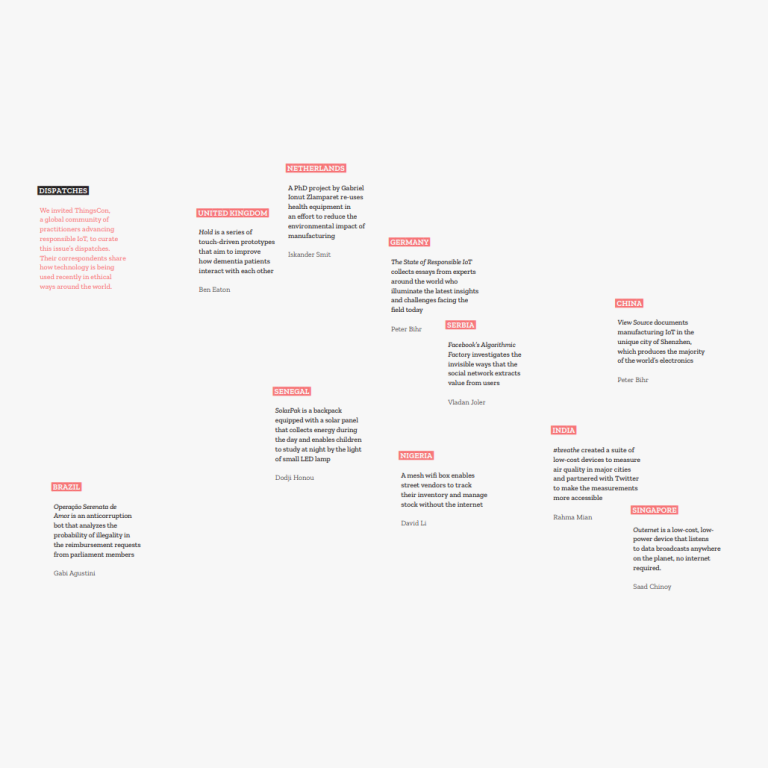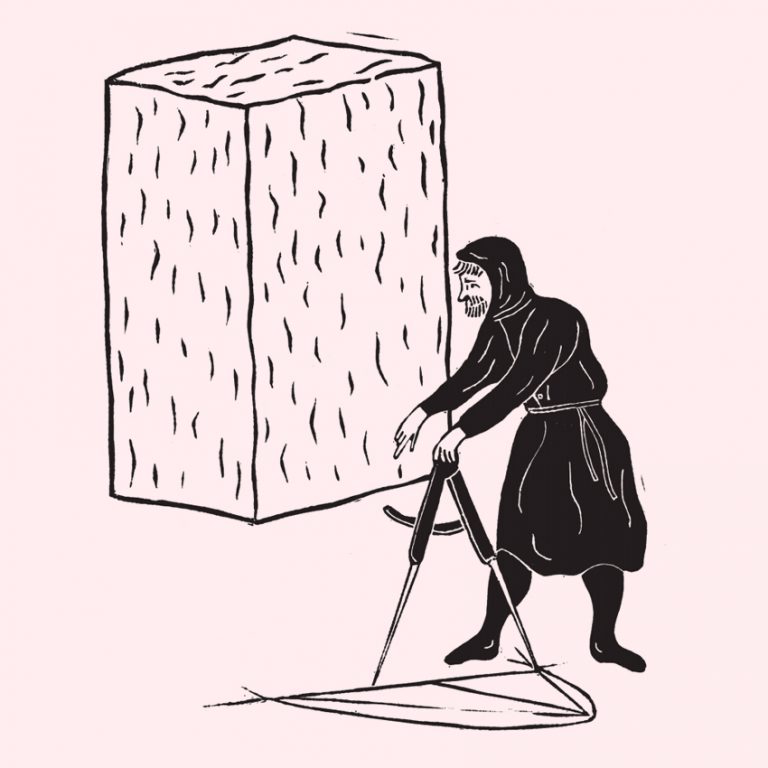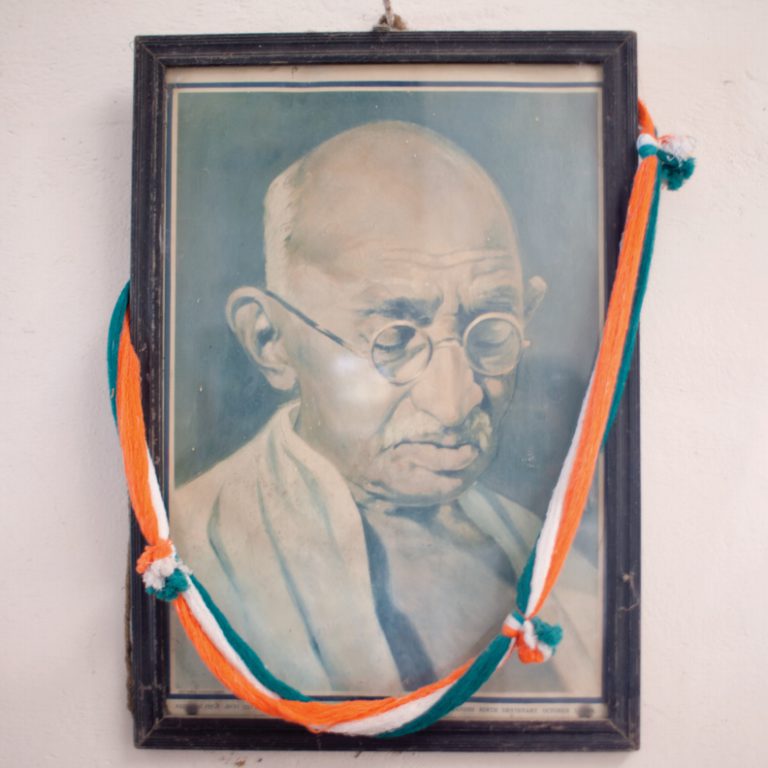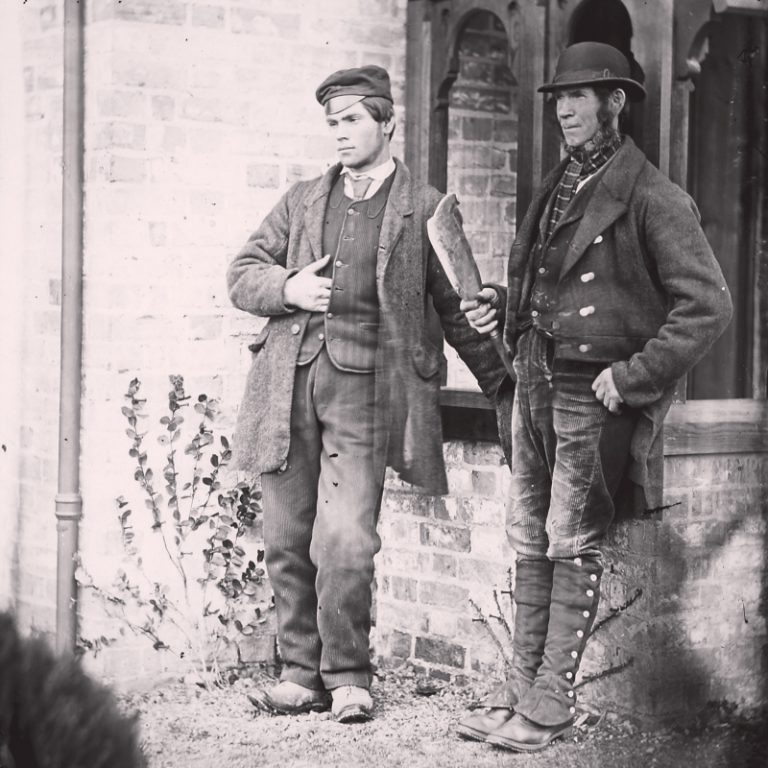EN – This article uses the legacy of Lélia Gonzalez to discuss decoloniality and the appropriation of digital technologies by black women from the Pará Amazônia: Quizumba. Presented as a decolonial attitude, quizumba is a black feminist category of insubmission, confrontation, and also debauchery.
PT – Este artigo traz o legado de Lélia Gonzalez para discutir decolonialidade e apropriação de tecnologias digitais por mulheres negras da Amazônia Paraense: a Quizumba. Apresentada como uma atitude decolonial, a quizumba então é uma categoria feminista negra de insubmissão, de enfrentamento, mas também deboche.
It was then that some very nice white people invited us to one of their parties, saying that it was for us too. […] They were all fine, educated people, traveled by this world of God. They knew things. And we went to sit at the table. But it was so crowded that we couldn’t sit with them. But we arranged ourselves very well, looking for some chairs and sitting right behind them. They were so busy, teaching a lot of things to the young people in the audience, that they didn’t notice that if we squeezed a little bit more it was possible to open a little space and everybody could sit together at the table. […] It was then that the little black girl who was sitting with us got bold. They had called her to answer a question. She got up, went to the table to speak into the microphone and started complaining about certain things that were happening at the party.
The Quizumba was on.— Lélia Gonzalez, my emphasis.
I call this scene “the banquet of the myth of racial democracy.” It demonstrates how Quizumba — a decolonial attitude manifested by Black women from one of the most discussed areas of the global south, Amazônia — is more than a concept. Quizumba is a political action, and it is fundamental in the debate on digital technologies.
By highlighting that it’s the sassy neguinha who armed the Quizumba, Lélia Gonzalez provokes us to repeat the feat, generate embarrassment and disrupt colonial thinking and practices that are cis-eurocentric, racist, masculinist and exaggeratedly science-focused. To interfere in these narratives and take the microphone is to generate disorder in the hegemony of those who colonize.
The concept of Quizumba and the work in this article are part of ongoing doctoral research digging into the appropriation of digital technologies by Black women’s movements in Amazônia, in the city of Santarém, Pará. The goal of the research is to understand the experiences of Black women from Amazônia with digital technologies — their access processes, uses, ways they’re appropriating technologies and the meanings that they give to these processes. Based on these discussions, we will give new meaning to the maps of their territories and their cyberactivist actions.
The starting point is at the confluence of the concepts of margin and center elaborated by hooks, the metaphor of Ananse made by Deus, and the Quizumba revindicated by Gonzalez. We also build on the Infrastructures of Affect, created by the Transfeminist Digital Care Network, which insists that all women are producers and knowers of technologies and that ancestral technologies are the legacy that allow us to understand and form tactics of resistance and insurgency. We show how, despite digital precariousness, stigmas, algorithmic racism, and colonial dynamics, Black women’s movements in the Amazônia on the internet are powerful and that Quizumba is the political action that makes a difference in these movements.
It is only by “arming the Quizumba” that Brazil can overcome the binary approaches to territories, knowledge and technologies. This is especially true in regions like Amazônia where historical and modern capitalist extractivism finds ways to implement the best technological resources in the processes of destruction of the region, yet does not guarantee good infrastructure. Instead, the needs of the people are unmet, and its beings and environment are exploited.
Quizumba is a prerogative. We need to disrupt Western modernity that sees itself as the apex of civility and ignores other “socio-cultural, political, and economic arrangements” that are legitimate. Carrera says that digital apparatuses are often just “another tool in favor of colonial discourse.” Therefore, we must firm up Amazônia as a political, territorial, scientific, media and technological center, highlighting the fronts taken on by Black cyberactivists in Amazônia in their collective organizing. These activists have been denouncing the colonialist maladies that have been destroying human, fauna and flora lives for many decades, yet their cyberactivism is rarely lifted up in either feminist debates or in communication and digital culture studies from the “center.”
To see Quizumba in practice, consider that women in Amazônia have been creating their own digital spaces and breaking apart from mainstream social networks (which don’t meet their specific needs as Black women from Amazônia), even without technical training. They use collective learning to resist ill-fitting technologies and assert their own digital presence. Or, consider the community networks that — despite not being centered in decisions that are made about the internet in Brazil — have developed their understanding of technology as a tool for transformation and justice, and are coming together to have a digital impact that benefits their communities.
It is through the Quizumba that Black women from the Amazonian regions of Pará not only take the floor and disturb, but also resignify the maps of their territories and place themselves as creators and producers of ancestral and digital technologies.
1. Quizumba is a Portuguese word that could be translated to something like “fight,” but that is not the meaning that this article wants to debate. Instead, the focus is on a decolonial attitude.
2. This article was originally presented in the Meeting of Communication Research in the Amazônia in 2022.
3. Gonzalez, Lélia. “Racismo e Sexismo Na Cultura Brasileira.” Revista Ciências Sociais Hoje, Anpocs, 1984, 223–44.
4. Maldonado-Torres, Nelson. “Analítica Da Colonialidade e Da Decolonialidade: Algumas Dimensões Básicas.” In Decolonialidade e Pensamento Afrodiaspórico, 2nd ed. Belo Horinzonte: Autêntica Editora, 2019.
5. Vergès, Françoise. Feminismo decolonial. Ubu Editora, 2020.
6. In English, “little girl.”
7. hooks, bell. Teoria feminista: da margem ao centro. Translated by Rainer Patriota. São Paulo: Editora Perspectiva, 2019.
8. Deus, Zélia Amador de. “Os herdeiros de Ananse: movimento negro, ações afirmativas, cotas para negros na universidade,” 2008. Tese (Doutorado) – Universidade Federal do Pará, Instituto de Filosofia e Ciências Humanas, Belém, 2008. Programa de Pós-Graduação em Ciências Sociais.
9. Gonzalez, Lélia. “Racismo e Sexismo Na Cultura Brasileira.” Revista Ciências Sociais Hoje, Anpocs, 1984, 223–44.
10. Neves, Thiane, and Geisa Santos. “The Brazilian Amazônia on the Map of Digital Culture and the Algorithms of Disappearance,” 2020. https://portalintercom.org.br/anais/nacional2020/resumos/R15-2822-1.pdf.
11. Amaral Filho, Otacílio. “Verde Que Te Quero Verde: A Estética Da Marca Amazônia.” In Comunicação Midiatizada Na e Da Amazônia. Belém: Fundação de Amparo e Desenvolvimento de Pesquisa, 2011.
12. Silva, Tarcízio. Racismo Algorítmico: Inteligência artificial e discriminação nas redes digitais. São Paulo: Edições SESC, 2022.
13. Almeida, Alfredo Wagner Berno de, and Emmanuel de Almeida Farias Júnior, eds. “Nova Cartografia Social: Territorialidades Específicas e Politização Da Consciência Das Fronteiras.” In Povos e Comunidades Tradicionais: Nova Cartografia Social. Manaus: UEA Edições, 2013.
14. Maldonado-Torres, Nelson. “Analítica Da Colonialidade e Da Decolonialidade: Algumas Dimensões Básicas.” In Decolonialidade e Pensamento Afrodiaspórico, 2nd ed. Belo Horinzonte: Autêntica Editora, 2019.
15. Carrera, Fernanda. “A raça e o gênero da estética e dos afetos: algoritmização do racismo e do sexismo em bancos contemporâneos de imagens digitais.” In Silva, Tarcízio. Comunidades, algoritimos e ativismos digitais: Olhares afrodiaspóricos, 138–55. São Paulo: LiteraRUA, 2020.
